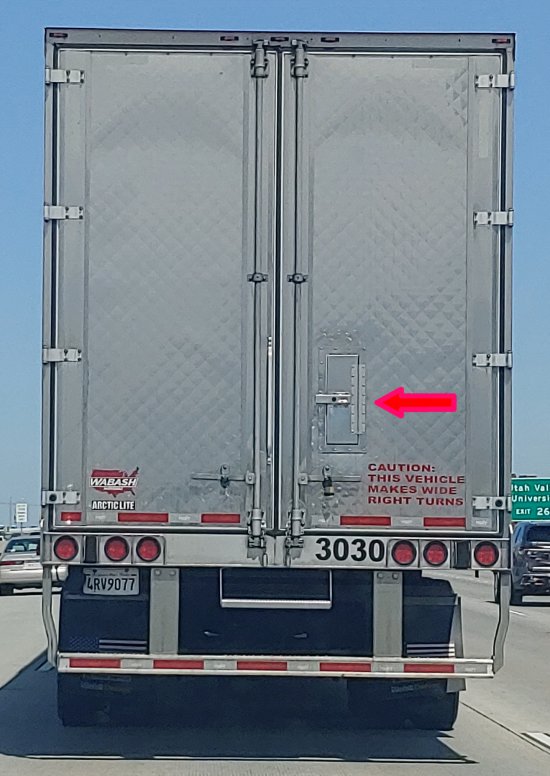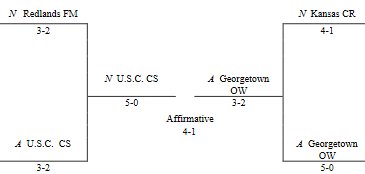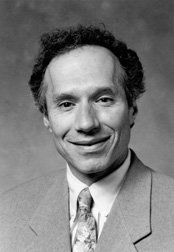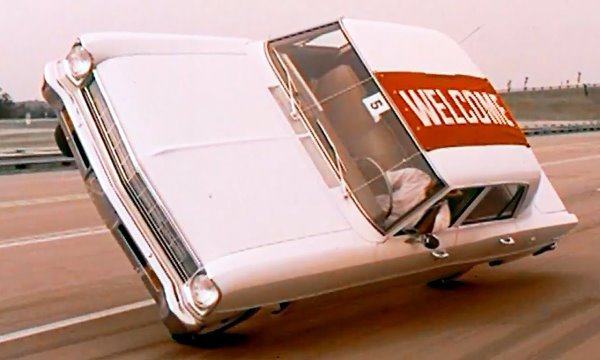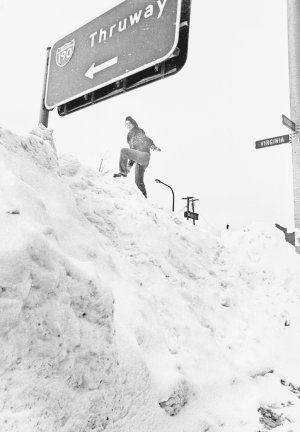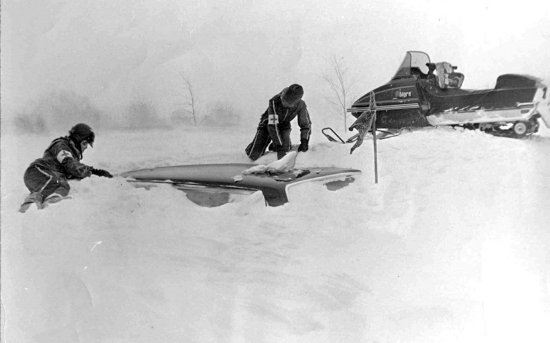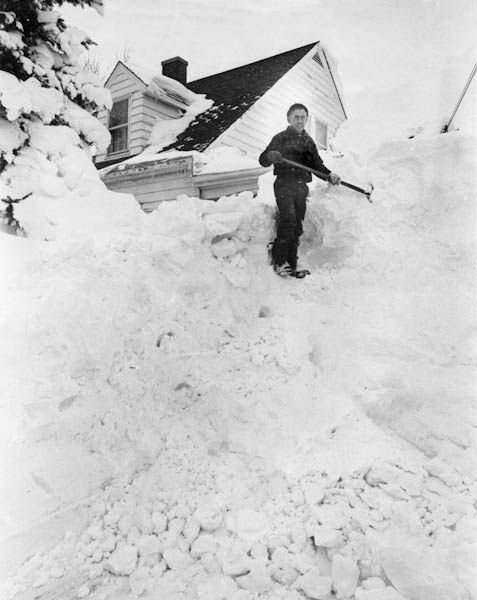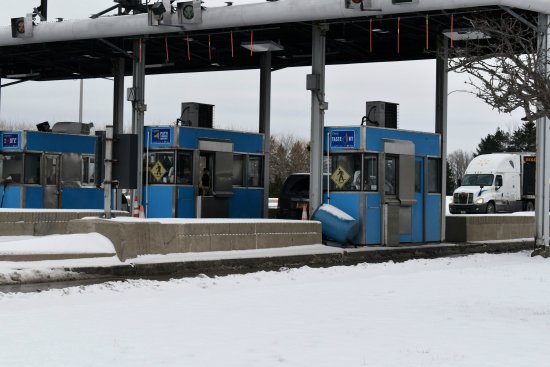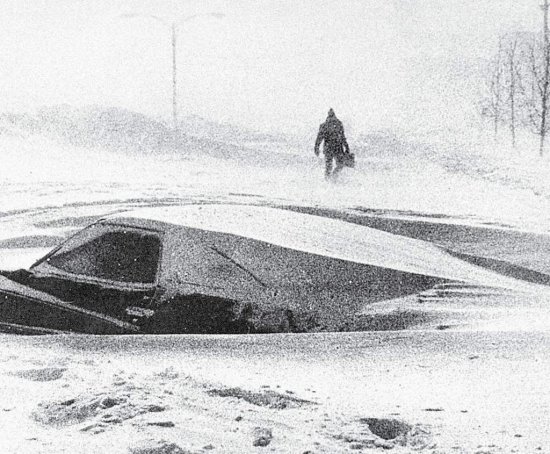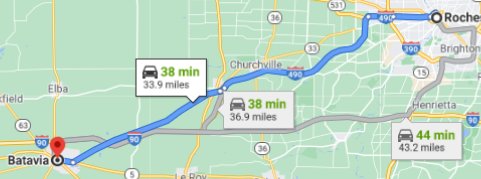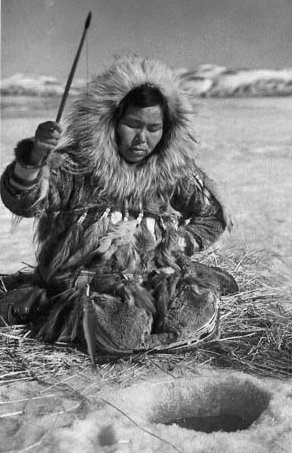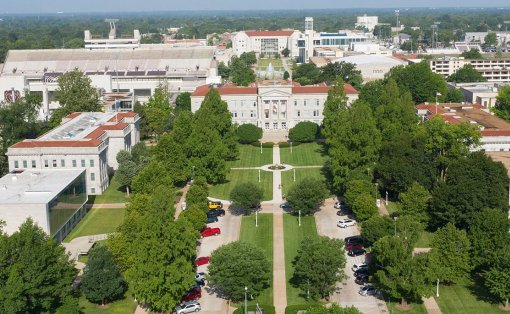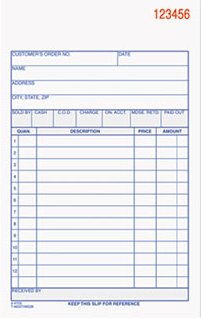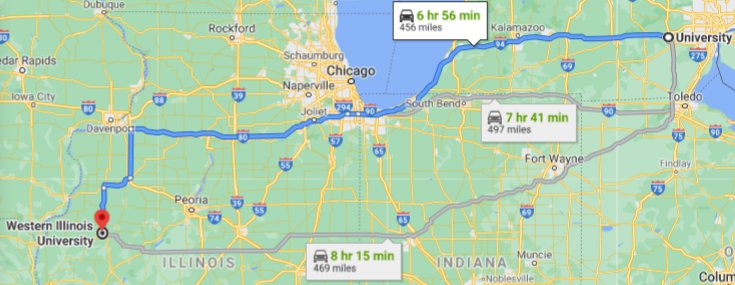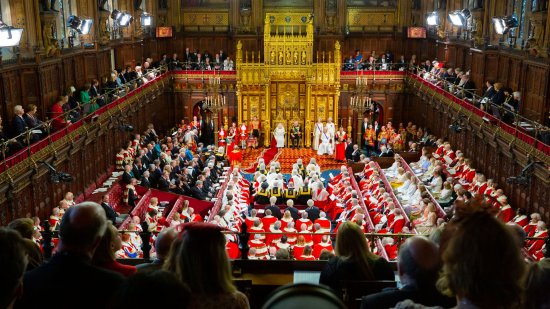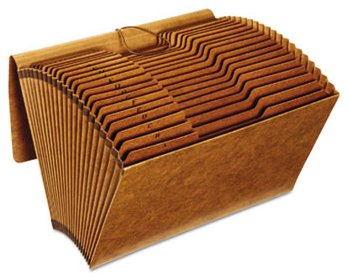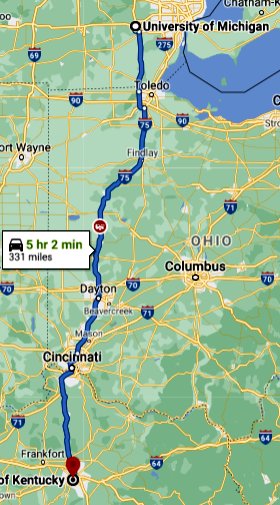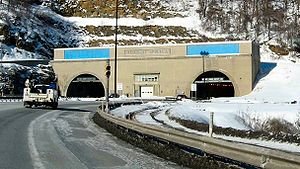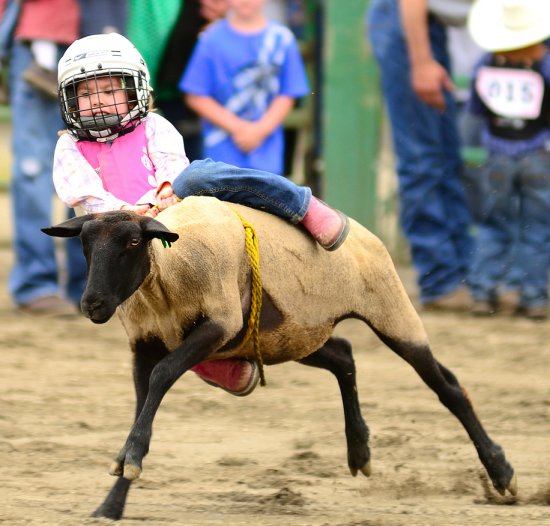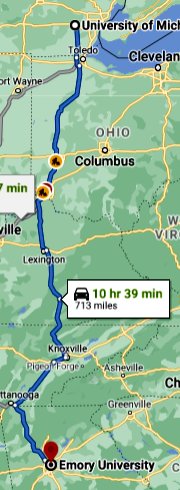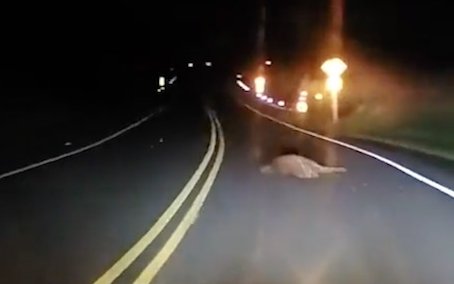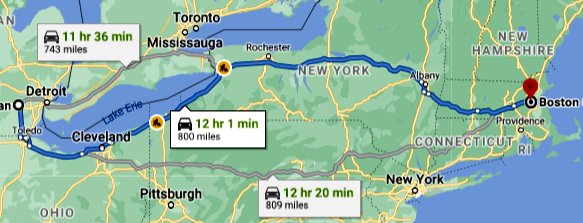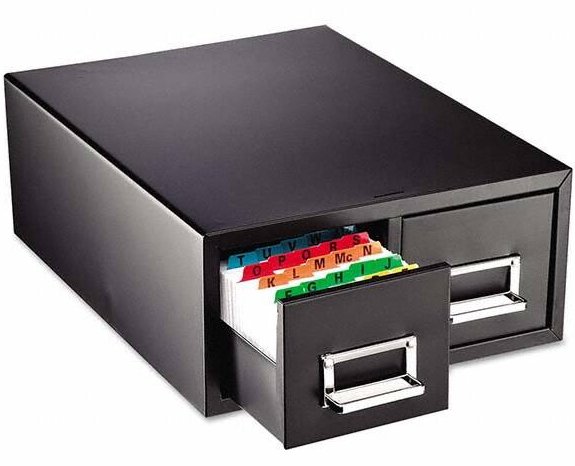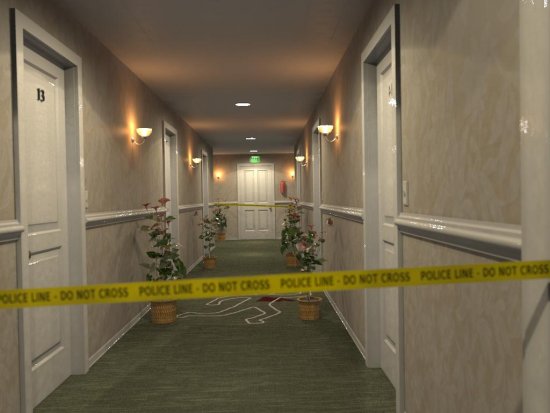My last year coaching at U-M. Continue reading
I did not learn of the demise of Michigan’s debate program in time to take steps to finding somewhere else to coach during the 1975-76 school year. Also, I seem to remember that I still needed at least one class to complete the requirements for my leisurely masters degree. I had not yet decided what to do. At some point during the fall I wrote a letter to George Ziegelmueller about coaching at Wayne State University in Detroit beginning in the 1977-78 school year. This was somewhat difficult to do. I had very little respect for George as a coach and none as a judge. However, Wayne State had by far the largest debate program in the state and had a PhD program in speech. I frankly doubt that I could have gotten hired anywhere else.
Early in the school year I had a long talk with Don Huprich. He told me that U-M’s debate team was a hopeless mess. The new coach, Jack Nightingale (I think that was his name, but I never met him), was a new graduate student in speech who knew less about competitive debate than the previous year’s novices, Dean Relkin and Bob Jones. Don wanted to debate with Stewart Mandel on the national circuit. He said that he would fund the expenses for the whole year himself. He asked me to coach and accompany them on trips. He owned a car that we could use. It was newer and nicer than mine, and because it had automatic transmission, anyone could drive it. He may have even offered to pay me a little money to help.
I was astounded by this offer. Don explained that his father held the patent on “fruit doors”, the little devices on the back of refrigerated trucks. He had reportedly made a LOT of money on this invention. Don evidently had access to enough of it to finance a two-person one-coach debate team. He also had figured out how to represent the Michigan debate team without going through the speech department. I am not sure how he managed it, but he was able to choose the tournaments that he wanted to attend, and he mailed in the registration forms himself. Neither I nor Jack Nightingale had anything to do with it.
I had no reason to reject Don’s proposition. I had nothing planned for either semester, and I was definitely not yet ready to abandon the quest on which I had set out two years earlier.
The debate topic for 1976-77 was “Resolved: That the federal government should significantly strengthen the guarantee of consumer product safety required of manufacturers.” A few cases were very popular that year: cigarettes, air bags for automobiles, and gun control. What was left of the U-M debate team had many disadvantages vis-à-vis the other schools, but we had one huge advantage—the University of Michigan Transportation Research Institute (UMTRI) and its enormous library. Don and Stewart spent a great deal of time there.
I don’t remember too many details about the season, but I do remember watching an octafinal round at an early tournament, maybe Western Illinois. Stewart and Don must have been debating in another room. If they had been eliminated and I had not been scheduled to judge, we would certainly have gone home. I don’t remember which teams participated in this debate. The affirmative ran a case that banned automation. Really. All automation.
Both affirmative and negative debaters were always expected to justify their claims with evidence. Some ideas, however, are so ridiculous that no one has bothered to research or write about them. This was clearly one of those ideas. It is difficult to attack such a case using any usual approach. The other team doubtless has a few documented examples where automating a process was a bad idea, but what researcher would bother to document the myriad cases in which machines improved life? Does anyone want to return to the days when fields were plowed by horses and oxen? Does anyone want to eliminate machines that allow people to survive life-threatening injuries or illnesses?
I don’t remember many of the negative’s arguments, but the second negative won the debate (and probably removed the case from the circuit) when he pulled out a dictionary and read the definition of “automation”. He then just spoke frankly for a few minutes and outlined a strong case for a civilized country with a modern military and health system and an economy that took advantage of science.
The judges all voted negative, and I never heard of this case again. What surprised me was that the affirmative must have prevailed in a few previous rounds. Maybe the used a different case.
On the whole this was definitely an affirmative-biased topic. It was relatively easy to find a manufactured product that was apparently causing problems. It was much more challenging for the negative to show that the proposed regulation of that product would make things worse. Furthermore, there were thousands of consumer products, and the affirmative chose which ones were the subject of the debate. The negative had to be prepared for almost anything.
The three most important debates of the year— the semifinals and finals of NDT—were all won by the affirmative teams. Of the fifteen ballots cast in these debates, twelve were for the affirmative. Southern Cal won its semifinal on the affirmative 5-0 but lost the final round on the negative 4-1.
Those debates completed a pattern that was established much earlier in the year. If a team had a choice between debating affirmative or negative, it almost always chose affirmative. In contrast, in my senior year seven years earlier the team that won the coin flip in every elimination rounds in which I participated chose negative.
In 1976-77 many negative teams depended on the writings and research of Sam Peltzman of the University of Chicago. His books and articles claimed that in many cases when people’s devices were made apparently safer by a governmental requirement, the people using the devices adopted riskier strategies because they feel more comfortable doing so. For example, people wearing seat belts might drive faster or more recklessly. He had documented some cases in which adding safety devices apparently resulted in the increase in deaths or injuries.
Another approach used by many negative teams was to label harmful effects documented by their opponents as “self-imposed”. Plenty of philosophers have argued that in a free society individuals should be allowed to judge their own costs and benefits. This approach could be used, for example, against a law mandating helmets for those riding motorcycles. A person who is not wearing one may be putting his own life in danger, but his lack of a helmet is extremely unlikely to harm others. Any harm that he might suffer is self-induced.
I really liked the case that Don developed based on speed governors for automobiles and trucks. Because of the energy crisis it was already illegal to drive over fifty-five miles per hour almost everywhere in the United States. Why then were many cars built to go ninety miles per hour or more? It was easy to show that decreasing the maximum speed saves lots of lives every year. In fact, speed governors had been tried in some jurisdictions. The harm was not self-imposed, at least not entirely, because most serious accidents involve more than one vehicle, and passengers seldom were allowed to vote about how hard the driver pressed the accelerator pedal. The “Peltzman effect” does not apply either. What can drivers do to offset the limitation on speed? Take a nap? Drive on two wheels like Joey Chitwood?
Many teams in 1976-77 had nearly unbeatable cases. Negatives had to be very clever. Sometimes the best approach was to argue topicality1. However, most debaters and their coaches were averse to these arguments. They were more comfortable arguing about facts and analysis than about semantics.
I don’t remember if Don and Stewart wen to the tournaments in California. I definitely did not.
For me the most memorable event of the year was the “east coast swing”. As I recall, Don’s original plan was to attend all three tournaments—Boston College, Harvard, and Dartmouth. So, the three of us set out early in the morning on Friday, January 28, 1977. As always, we drove through southern Ontario. The roads were perfectly clear all the way through Canada, but as we approached the U.S. border we noticed that the snow was piled up pretty high on the sides of the road. We were not aware that Lake Erie, which is south of Ontario and west of Buffalo, had at that point been frozen over for forty-five days! Several feet of powdery snow had been accumulating on the surface.
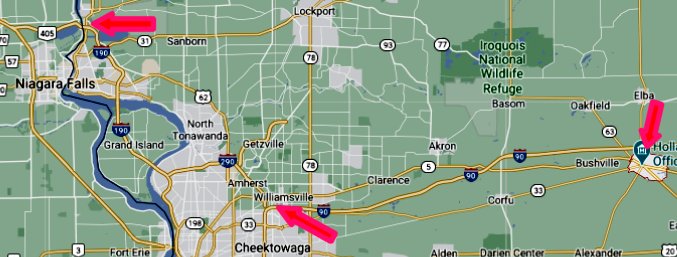
We drove on Route 405 to the border crossing between Lewiston, NY, and Niagara Falls (red arrow in upper left corner). At this point we were right on schedule. The roads were clear, and the visibility was good as we headed southeast on U.S. 62 skirting the northeast suburbs of Buffalo. On each side of us the snow was piled at least ten feet high. We could see no buildings. We knew that we were in a populous area, but the only evidence of civilization were a few road signs peaking out over the snowpack. It was an awesome experience, but we had no reason to feel threatened. The change in conditions only began when we reached the New York Thruway (I-90) near Williamsville (second arrow from left).
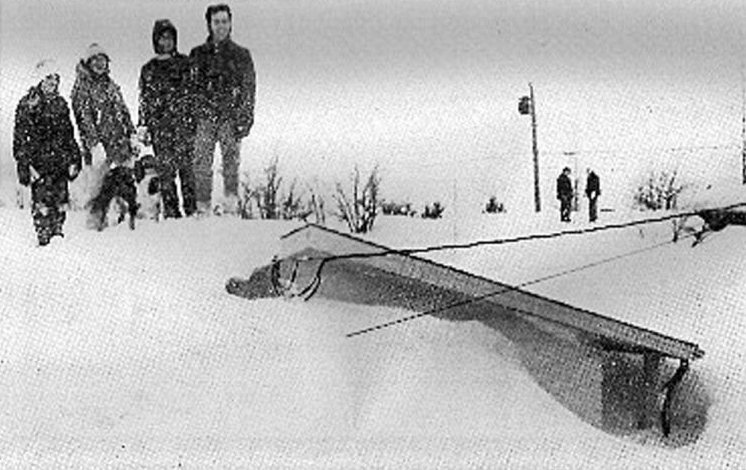
Quite suddenly the wind, which blew from the west, picked up dramatically, and the snow began to fall. The wind whipped the snow around the front of our car from both sides. Visibility dropped to near zero. At times we could not see to the end of our car’s hood. Soon it became impossible even to tell where the lanes were. It was cold, but Stewart and I rolled down our windows and helped Don, who was driving, keep the vehicle on the road by continually reporting to him him how far it wase from the snowbank. He slowed down to 10 miles per hour or less.
This was the famous Blizzard of 1977 that killed twenty-three people, many of them on the stretch of road that we needed to travel. We were quite familiar with this stretch of the NY Thruway. There were no cities of much consequence near the highway until we reached Syracuse, which was most of the way across the state. Something bad would probably happen to us if we tried to go that far.
While we were inching along the highway, semis occasionally passed us. Perhaps the drivers thought they could outrun the storm. However, the wind, which gusted up to sixty-nine miles per hour, was a bigger problem than the snow. It was picking up powdered snow from Lake Erie and from Buffalo, which had already received more than ten feet of snow that year, and dumping it on the Thruway. We caught glimpses of several jackknifed eighteen-wheelers on both sides of the eastbound portion of the highway.
We quickly determined that we needed to leave the highway at the first exit that we came to. We looked and looked, but we never saw an exit. We could not see any of the road signs well enough to read them. In fact, for a long time we could see nothing in front of or behind us and only the snowbanks to the left and right. We continued moving slowly eastward for almost three hours.
At last I spotted a sign for a Rodeway Inn peeking over the snowbank on the right. It was perhaps fifty yards away. I figured that in all likelihood there must be an exit nearby. I was so concerned about missing the exit that I actually considered recommending that we abandon the car and try to make our way toward that sign by crawling over the snowpack, which was at least ten feet deep. Instead Don slowed down the car even more to avoid missing the exit.
We never did see any signs for the exit, but by maintaining a constant distance between the car and the snowbank on the right we accidentally departed the highway at the exit for Batavia, NY (arrow on the right in the above map). Our first indication that we were no longer on the Thruway was the array of toll booths ahead of us, and we could not see them until we were almost upon them.
It was a great relief to see a live human being in the toll booth. We paid our toll and told him that the Thruway should definitely be closed. He replied that it had been closed for more than an hour. We asked him if there was a hotel nearby. He advised us that there was a Holiday Inn2 near the end of the ramp.
Don guided the vehicle into the hotel’s snow-covered parking lot. At the reception desk they told us that only a few rooms were still available. Needless to say, we took one. We then asked if the hotel had a restaurant. It did, but the desk clerk said it had been closed when the food ran out. He assured us that there would be a breakfast buffet in the morning. We would have greatly preferred to have a breakfast buffet that evening, but it wasn’t in the cards, and we did not even discuss taking the car out to search for a restaurant or market. Instead we each purchased several candy bars from the machines. An hour or so later those machines were empty.
We called Tuna Snider, the coach at Boston College, and told him that we were stuck in Batavia. He was surprised to hear how bad the conditions were. I am not aware of any other teams that got stuck in this morass. I told the BC people that I did not know when we would arrive, but I would be happy to judge when we got there. Tuna said that that would be greatly appreciated. He said that he would pay me $10 per round, which was the usual rate.
We also called home and told everyone that we were alive and safe.
I am pretty sure that we had missed lunch, and we definitely had nothing but candy bars for supper. Don, Stewart, and I were therefore hungry and disappointed. However, we all appreciated how much worse it could have been. We set our alarms and asked for a wake-up call in time for us to be at the breakfast buffet as soon as the doors were open. That night we slept the sleep of the just.
By daybreak the snow had stopped. The wind was still blowing, however. So, snow that was pushed to the side of the road by the plows was often quickly replaced by snow blown off of the snowpack. The Thruway was still closed in both directions.
On the way to breakfast we saw that dozens of people had set up camp in the hotel’s lobby. Many were still sleeping. We were near the beginning of the buffet line and piled on the food. The restaurant usually allowed unlimited trips to the buffet, but on this occasion the management sensibly limited everyone to one trip. Nevertheless, they ran out of food while we were finishing our plentiful meal.
Many of the people stranded in the hotel were truckers. They were able to obtain up-to-the-minute information about the road conditions. We learned from one of them that from Syracuse to the east the Thruway was open, but that it was doubtful that the area near Batavia would reopen until the following day.
A more promising development was reported later in the morning. Evidently Route 33, a two-lane road that connected Rochester with Batavia had just opened. From Rochester we could allegedly take another two-lane road, Route 31, toward Victor, NY. The Thruway was allegedly open from there to New England.
We allowed a few intrepid truckers to blaze the trail before we decided to try it. Maps were still plentiful in 1977, and I think that Don had one. Having made sure that we had good directions for making the proper connections on these side roads, we cleared a few feet of snow off of Don’s car and set off for Rochester. Initially we had to drive a mile or so south to reach Route 33 in the middle of Batavia. The roads were surprisingly passable in Batavia. The residents had never seen this kind of storm, but they had considerable experience at dealing with snow.3
Route 33 was a little precarious. Snow that was continually blowing onto the highway made conditions a little slippery, but at least we could see. In a few places the width that had been cleared was not sufficient for two cars, but we encountered almost no vehicles headed for Batavia. By the time that we reached Rochester the conditions were much better. The drive on Route 31 was even easier. In fact we faced no more significant delays all the way to Boston.
I am pretty sure that I judged quite a few rounds at the Boston College tournament. They paid me, and I gave the money to Don. Don and Stewart rested up and then watched at least one elimination round. I also have a dim recollection of all three of us going to a party thrown by the tournament staff and the BC coach, Tuna Snider.
I don’t actually remember anything else about the part of the trip involving the debating. Don and Stewart surely debated at Harvard, but I don’t remember how they did. I have a vague recollection of being on the Dartmouth campus. I seem to remember that the guys did well there. I might be wrong
I have one strong memory of the drive home. Since there were three potential drivers, we elected to drive straight through with only minimal stops. We did not run into any snow. It was, however, dark and very cold when we crossed the border into Canada. Don was exhausted. He handed the keys to me.
I was alert for the first hour or so, but then I also became very sleepy. There was almost no traffic. Don and Stewart were both dead to the world. I unilaterally adopted a policy of pulling the car over to the breakdown lane every twenty or thirty minutes. I then exited from the car and stood for a second in the bitterly cold air before I walked completely around the car. I then got back in and drove on.
By the time that we reached Windsor, I had my second wind. I drove straight through from there to Plymouth, where I gave the keys back to Don.
When I arrived home Sue told us that she had been praying that we would find an Eskimo lady to take us in.
My only recollection of the remainder of the debate season before districts was an elimination round that I, along with two other debate coaches, judged between Harvard and Georgetown. They were two of the very best teams in the country. Georgetown was on the affirmative, arguing in favor of mandatory air bags.
At the conclusion of the debate the other two judges quickly signed and turned in their ballots. I, however, was not a bit certain who had won. I spent at least fifteen minutes asking to read various pieces of evidence from both teams. In the end I voted for Harvard. One of the other judges had voted affirmative and one negative, but neither thought that it was close.
I was not too worried about Don and Stewart’s prospects at districts. Northwestern’s top team had received a first round bid. I did not think that anyone else could touch the case on speed governors, and I was pretty sure that Don and Stewart, who had done well in some prestigious national tournaments, could win at least two rounds on the negative.
I was right. We all got to go to NDT at Southwest Missouri State University4 in Springfield.
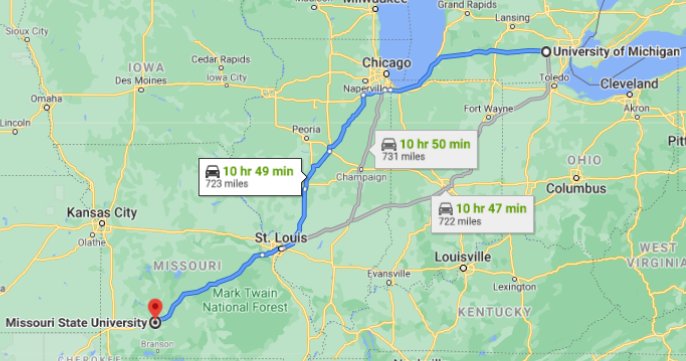
The drive to SMS was long, but we were accustomed to long road trips. We had plenty to discuss on the way. For once we knew exactly the set of teams from which our opponents would be drawn.
We did not stay at the hotel recommended by the tournament. Don found one a couple of miles from the SMS campus that featured much lower rates.
I should mention that the people in southern Missouri talk with a much more pronounced drawl than the residents of KC, St. Louis, and points north. Springfield is near the Ozarks, the home of Jed Clampett and his kin. It resembles Arkansas much more than it resembles northern Missouri
The SMS campus was very nice. I have a pretty clear recollection of one debate round that I judgied. Two guys from UMass were on the affirmative. Their case had two distinct parts. One part advocated gun control; the other mandated speed governors. That part was similar to Don and Stewart’s case.
The room in which the debate took place was in a building facing the quadrangle in the middle of campus. It was a beautiful spring day, and someone had opened a window or two in the room. The first affirmative had completed his presentation of the case. Prep time for one of the subsequent speeches was in progress when a fair amount of commotion could be heard through the window. Some SMS students were evidently being overly boisterous.
Someone in the room, perhaps a judge, asked, “What was that?” Because I took judging very seriously, I kept my peace. However, I thought of an extremely appropriate answer: “They probably heard that some Yankees had come down here talkin’ about takin’ their guns away and slowin’ down their cars.”
For NDT every judge was asked to explicate his judging philosophy in a paragraph or two. These were accumulated, duplicated, and included in the tournament welcome packets. We also had brought the accordion file of U-M ballots from previous tournaments (and years). Before the tournament started every team was allowed to name three judges that they wished to exclude from judging them. This process was called “striking”. I don’t remember which judges we struck, but the emphasis was definitely on competence rather than who associated with whom. I did not generally go to coaches’ parties and so I was not really aware of those relationships.
In the eighth round Don and Stewart faced a very good team, Fabiani5 and McNamara from Redlands. They had received one of the coveted first-round bids. I do not recall which team was on the affirmative. I also do not remember the other two judges, but one was Brad Ziff from Georgetown. Everyone in the tournament knew that this was an important round. A few people from District 5 approached me to tell me that I should have put Brad Ziff on our strike list. They said that he never voted against Redlands.
At any rate Redlands won the debate 3-0 and advanced to the elimination rounds. In fact, they made it as far as the semifinals. Don was convinced that Redlands had won on reputation, not arguments. He was so upset that he refused to attend the final assembly in which the qualifiers were announced, and speaker awards were presented. I had no real jurisdiction over him, but I was six years older. I said that we were all going to swallow our feelings and go to the assembly with our heads held high.
Don protested that I had made an angry display at Harvard once. I admitted that I did, and it was wrong. I insisted that we all attend the assembly, and we did. If anyone knew how he felt, it was I. Still, attending was the right thing to do.
The drive back was not a lot of fun. Don really wanted to debate in the elimination rounds at NDT. He deserved it, too. I suspect that he had worked harder that year than anyone in the entire history of U-M debate.
Georgetown won the NDT that year.
At some point during the year I drove to Wayne State in downtown Detroit and met with George Z. He said that he had talked with Dr. Colburn, who had informed him of an incident involving expense reports. I explained that I had turned a large number of them at once, and the secretary got upset. He just laughed at that. He offered me a job as a teaching assistant. I seem to remember that they also waived the tuition.
1. “Topicality” refers to arguments about whether the affirmative’s plan is a legitimate interpretation of the resolution. For the 1976-77 resolution some might argue that the federal government was not the actor, that the action was not significant, that manufacturers were not required to do anything, etc.
2. My recollection is that it was a Holiday Inn, but the hotels that in 2021 are located near the exit that we stumbled upon do not include a Holiday Inn. There are also no Rodeway Inns nearby either.
3. A first-hand blog of the event in Batavia can be read here.
4. The university is now called Missouri State. The “Southwest” part was dropped in 2005.
5. Mark Fabiani was only a sophomore in 1977. He was the top speaker at the 1979 NDT. He later became a very prominent political figure both in Los Angeles and nationwide. His Wikipedia page is here.
6. Brad Ziff’s LinkedIn page is here.

